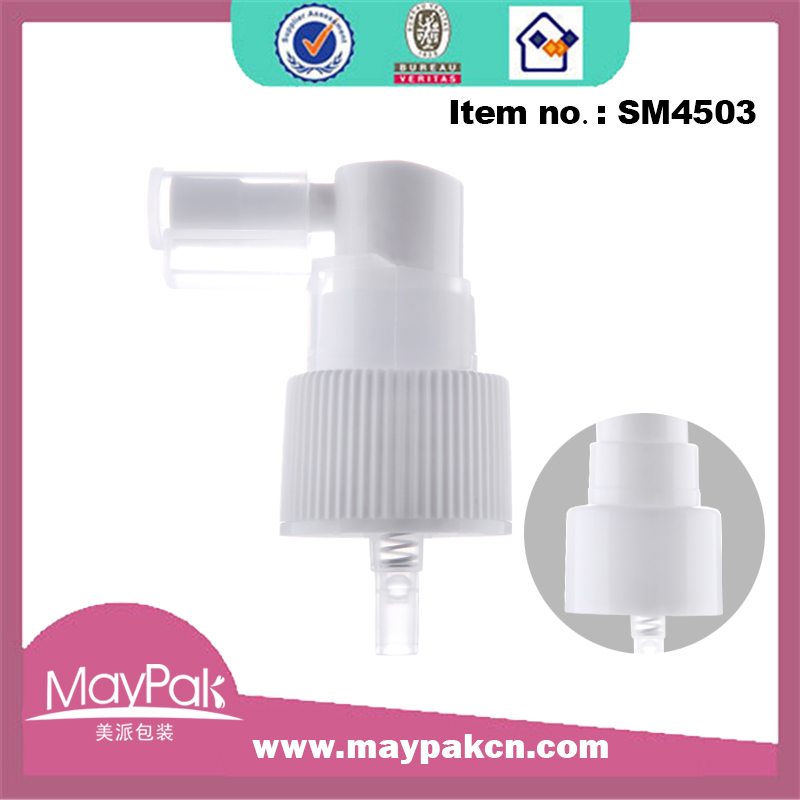Silicone – Silicones are a family of semi-organic polymers comprising chains of alternating silicon and oxygen atoms, modified with various organic groups attached to the silicon atoms. Silicones are the largest group of plastic materials that are not based on carbon atoms and they can be polymerized into three common forms; oils (generally used as additives for mold release and lubrication), elastomers, and molding compounds. Silicone elastomers are available as either one- or two-component systems (like epoxy systems with a hardener). The one-component systems cure on contact with atmospheric moisture, but they can be formulated to cure at room temperature (RTV), or at high temperature (HTV). Silicones are tough and flexible with good solvent, moisture, and weathering resistance.
The earliest silicones were dimethyl polysiloxanes, made by treating silicon derived from sand with methyl chloride in the presence of a catalyst to form a cyclic trimer of siloxane, then polymerizing the siloxane to form a dimethyl polysiloxane.
